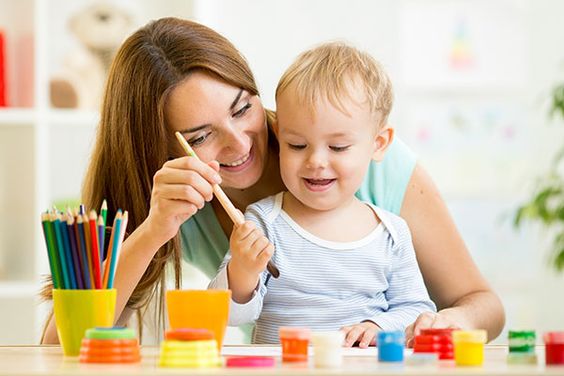Educating an Optimist

It’s difficult to hear your child speak negatively as a parent. It’s especially difficult if you notice your child becoming a pessimist. You, as parents, have a huge influence on whether your child is an optimist or a pessimist. If you’re seeking strategies to raise an optimist, you’ve come to the perfect spot.
- Create a model
You must first model it. You are your child’s primary educator. If your child hears you complaining frequently or viewing various situations with pessimism, he or she will most likely think the same way. For example, how do you react when something does not go as planned?
- Deal with Negative Thinking
Confront your child when he or she expresses dissatisfaction with a situation. Remind your child that even if things aren’t going as planned, there are still reasons to be optimistic. Furthermore, if your child engages in negative self-talk (such as “I am so stupid!”), confront them right away. Teach your children that the way they speak to themselves has an impact on how they perceive themselves and the world around them – which is untrue.
- Make Positivity a Priority.
Make it a habit to speak positively in your home. For example, make a point of discussing the highlights of your day at the dinner table. Assist your children in understanding that, while the day had some low points, it also had many high points.
- Be There for Them When They’re Down
When they face adversity, listen to them and console them. Recognize their emotions, but make an effort to keep them hopeful.
- Encourage a “Can-Do” Attitude
Encouraging your children to try new activities is a good place to start. They must take risks in order to maintain a positive attitude toward possibilities. Instead of shielding them from potential failures, encourage a “can do” attitude. This concept will boost their self-esteem and help them face the world with a positive attitude, as opposed to a pessimistic attitude in which they believe they are incapable or that the world is against them.
- Confirm them
Instead of focusing on their difficulties, encourage them. Find ways to express your appreciation to them on a daily basis. If they fail, look for ways to recognize what they did well. Encourage them and point out their strong points. Encourage them to look for the good qualities in others rather than the bad.
- Read Optimism-Inspiring Books
There are numerous books that teach children to be optimistic. Beautiful Oops! by Barney Saltzberg, for example, teaches children to see the beauty in their mistakes. It’s a great way to teach kids to see the world and our mistakes through an optimistic lens.
While it is natural to feel down from time to time, it is preferable to look on the bright side. According to research, people who perceive the “glass half full” are happier and healthier than those who see the “glass half empty.” As parents, you must strive to see the glass as half full and teach your children to do the same.




